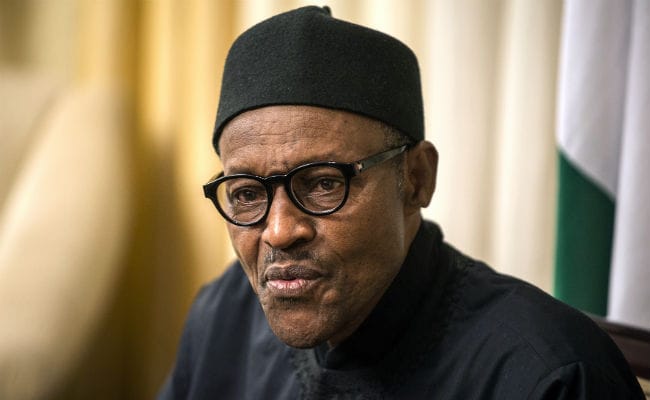Business & Economy
Troubles Ahead, Experts Warn FG As Debt Servicing Gulps 91% Of Revenue
The Federal government (FG) spent N2.02tn on debt servicing in the first six months of this year.
This figure represents 90.58 per cent of the total revenue of N2.23tn generated by the federal government within the period, a development which experts said signified a dangerous trend for the economy.
Technical Adviser to the Director General of the Budget Office, Alfred Okon, disclosed the figure while presenting the “Overview of FGN 2022 Budget Call Circular” report.
Okon made the presentation on Thursday at a training on “Government Integrated Financial Management Information System Budget Preparation Subsystem for Ministries, Department and Agencies.”
The report stated that as of June 2021, the Federal Government’s retained revenue was N2.23tn, which is 67.58 per cent of prorata target of N3.3tn for the review period. This means that the Federal Government failed to realise N1.07tn of its revenue target in the first half of the year.
The total revenue comprises oil revenue of N492.44bn, non-oil tax revenue of N778.18bn, Company Income Tax of N397.02bn, Value Added Tax of N129bn and Customs collections of N234.02bn.
Other revenues amounted to N922.09bn, of which independent revenues accounted for N558.13bn.
Okon noted that the N2.02tn used to service debt in the first half of this year represented 35 per cent of total expenditure of N5.81tn.
The report said, “On the expenditure side, N5.81tn (representing 92.4 per cent of the prorated budget) has been spent. This excludes GOEs’ and project-tied debt expenditures; N2.02tn was for debt service (35% of FGN expenditures); and N1.79tn for personnel cost, including pensions (30.9 per cent of FGN revenues).”
It stated that as of August, N1.3tn had been released for capital expenditure, representing 22.3 per cent of total expenditure.
In his remarks, the DG, Budget Office, Ben Akabueze, reiterated the government’s commitment to ensuring the timely submission and approval of the 2022 budget.
To achieve this, he said the government had already deployed a series of activities including engagements and stakeholder consultations.
Akabueze said, “The current Federal Government is determined to ensure consistent and timely preparation, submission and approval of annual budgets as part of its public financial management reforms, just as we have done for the 2020 and 2021 budgets.
“To achieve this, we have already commenced a series of activities related to the process of preparing the 2022 budget.
“These include a series of engagements and stakeholder consultations with key revenue generating agencies, civil society organisations, the National Executive Council, the National Assembly as well as the Federal Executive Council.
“Another key activity on the 2022 budget calendar is the training of MDAs’ personnel who will be involved in budget preparation.
“The main goal of this training is to provide continuous learning to equip budget personnel with the requisite knowledge, skills and the tools they require to prepare and submit the 2022 Budget in a timely manner.
“The budget is also intended to be in tandem with extant FGN policies and guidelines as articulated in the 2022 FGN Budget Call Circular and other relevant laws/policies.”
Reacting to enquiry by one of our correspondent on the debt servicing expense, a political economist and former presidential candidate, Prof. Pat Utomi, explained that the implication of the development was that the Federal Government borrowed to finance other expenditures that it incurred within the period.
He added that the trend of continuous borrowing would further worsen the economic conditions of the country.
Utomi said, “The direct implication is that any additional money that the government spends is from additional borrowing; so what it means is that the borrowing will increase. And because I do not see any serious programme to trim or moderate expenditure, it means we are going to be borrowing to the quantum of our budget projections.
“We are in serious trouble in the country because our debt is not sustainable at the moment.
“This has been said time and time again; we shouldn’t be borrowing for consumption unless we see expanded taxes.”
He urged the Federal Government to re-evaluate their borrowing approach by focusing foreign loans on developing value-adding assets instead of financing consumption.
Utomi said, “The FG needs to change the formulation for how we borrow. We should only borrow to develop value creating assets and those value creating assets should be managed the most efficiently by private sector hands, you can then tax the gains coming from those investments.
“That is really how you can pay off those debts, but when we are not focusing on production but are still looking to favour revenues, we plunge ourselves into huge problems of servicing the debt.”





